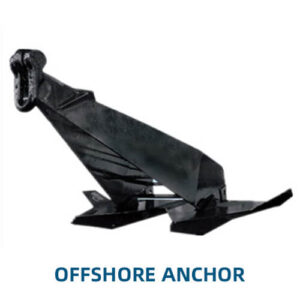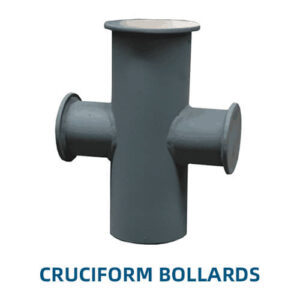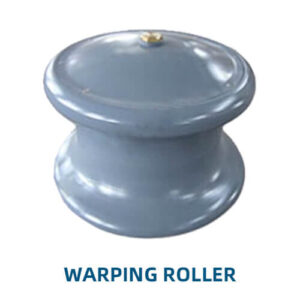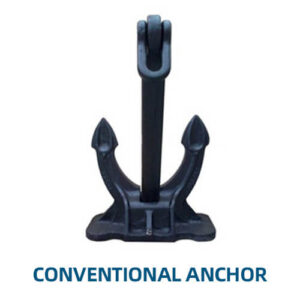Key Features of Hydraulic Power Units:
- Components:
- Hydraulic Pump: Converts mechanical power into hydraulic energy. Common types include gear pumps, vane pumps, and piston pumps. The pump generates the hydraulic fluid flow needed to power the system.
- Electric Motor or Engine: Drives the hydraulic pump. It can be an electric motor, a diesel engine, or a gasoline engine, depending on the application and power requirements.
- Hydraulic Reservoir: Stores hydraulic fluid and provides a source of fluid for the pump. The reservoir often includes filters to remove contaminants from the fluid.
- Control Valves: Regulate the flow and pressure of the hydraulic fluid. Valves direct the fluid to different parts of the hydraulic system and control the operation of hydraulic actuators.
- Pressure Relief Valve: Protects the hydraulic system from excessive pressure by diverting fluid when pressure exceeds a certain level. This helps prevent damage to the system components.
- Hydraulic Accumulator: Stores energy in the form of compressed fluid, which can be released to maintain system pressure or absorb shocks.
- Cooling System: Includes radiators or coolers to dissipate heat generated by the hydraulic system. Proper cooling ensures the hydraulic fluid remains at an optimal temperature for efficient operation.
- Design and Construction:
- Durability: Built to withstand harsh operating conditions, including high pressures and temperatures. Materials used are typically resistant to corrosion and wear.
- Modularity: Many HPUs are designed as modular units, allowing for easy customization and integration with other hydraulic components or systems.
- Size and Configuration: HPUs come in various sizes and configurations to suit different applications, from compact units for small machines to large systems for heavy industrial equipment.
- Operation:
- Power Generation: The electric motor or engine drives the hydraulic pump, which pressurizes the hydraulic fluid. This pressurized fluid is then used to power hydraulic cylinders, motors, or other actuators.
- Fluid Flow Control: Control valves manage the flow and pressure of the hydraulic fluid, directing it to the appropriate parts of the system based on operational needs.
- Fluid Management: The hydraulic fluid circulates through the system, picking up and transferring energy to the hydraulic components. The reservoir stores excess fluid and provides a means for fluid expansion and cooling.
Applications of Hydraulic Power Units:
- Industrial Machinery:
- Used to power machinery such as presses, injection molding machines, and conveyor systems. HPUs provide the hydraulic power needed for operation and control of these machines.
- Maritime:
- Employed on ships and offshore platforms for various applications, including operating cranes, winches, steering systems, and other hydraulic equipment.
- Construction:
- Powers construction equipment such as excavators, backhoes, and bulldozers. HPUs supply the hydraulic force needed for lifting, digging, and other heavy-duty tasks.
- Aerospace:
- Used in aircraft and spacecraft for operating landing gear, flight control surfaces, and other hydraulic systems that require precise and reliable power.
- Automotive:
- Found in automotive applications such as power steering systems and hydraulic lifts. HPUs provide the hydraulic power necessary for these functions.
Advantages of Hydraulic Power Units:
- High Power Density: Capable of generating substantial force and power in a compact form factor, making them suitable for applications requiring high force and torque.
- Precision Control: Provides precise control over hydraulic actuators, allowing for accurate movement and operation of machinery.
- Flexibility: Can be configured to meet specific power and control requirements, making them adaptable to a wide range of applications.
- Reliability: Designed to operate reliably in demanding conditions, with features such as pressure relief valves and cooling systems to ensure stable performance.
Considerations for Hydraulic Power Units:
- Maintenance: Regular maintenance is essential to ensure the HPU operates efficiently and reliably. This includes checking fluid levels, inspecting components for wear, and performing system flushes and filter replacements.
- Safety: Proper safety measures must be in place to handle high pressures and temperatures associated with hydraulic systems. This includes training for operators and maintenance personnel.
- Compatibility: Ensure that the HPU is compatible with the hydraulic components and systems it will be integrated with, including matching pressure ratings and fluid types.
Hydraulic Power Units are essential for providing the hydraulic power needed in a variety of applications, from industrial machinery to maritime and aerospace systems. Their robust design, high power density, and precision control make them a key component in hydraulic systems worldwide.






